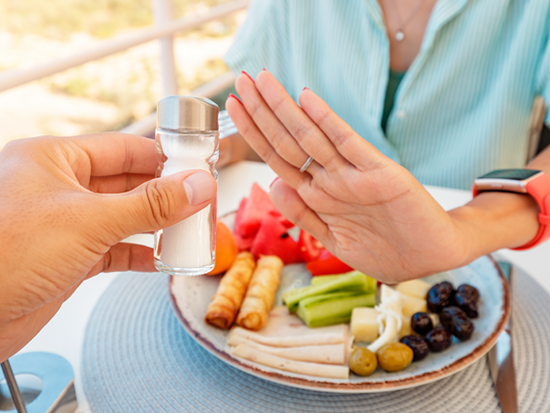Hypertension, or high blood pressure, is the leading underlying cause of death worldwide affecting more than 1.25 billion people, including more than 100 million Americans. Most people worldwide eat more salt than recommended.
So, is there a connection?
Nearly everyone can lower their blood pressure, even people currently on blood pressure reducing drugs, by lowering their sodium intake, reports a new study from the University of Alabama at Birmingham, Vanderbilt University Medical Center and Northwestern Medicine. Results were published in the Journal of the American Medical Association and presented at the American Heart Association Scientific Sessions 2023 on Nov. 11.
“A number of studies link high salt intake to high blood pressure and a higher risk of premature death and cardiovascular disease, including heart attacks and strokes,” said Cora Lewis, M.D., professor in UAB’s School of Public Health and co-investigator of the study. “From previous trials, we know that a lower-sodium diet lowers blood pressure on average, but, for reasons not yet clear, some people are more salt-sensitive than others.”
The trial was an ancillary study to the UAB Coronary Artery Risk Development in Young Adults, or CARDIA, study, co-led by Lewis. Middle-aged to older individuals in their 50s to 70s were placed on a high-sodium diet (2,200 milligrams per day on top of their normal diet) and a low-sodium diet (500 mg total in a day), each for one week at a time.
